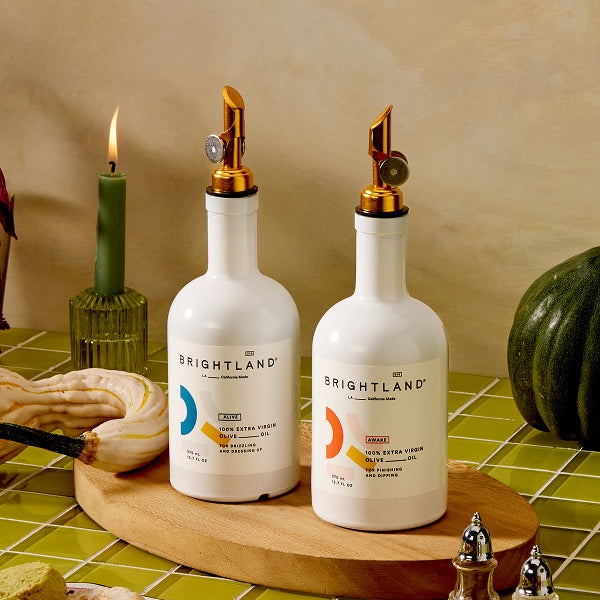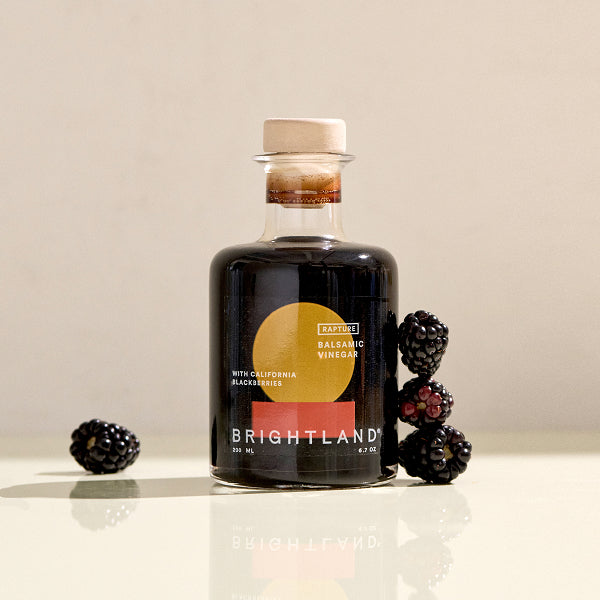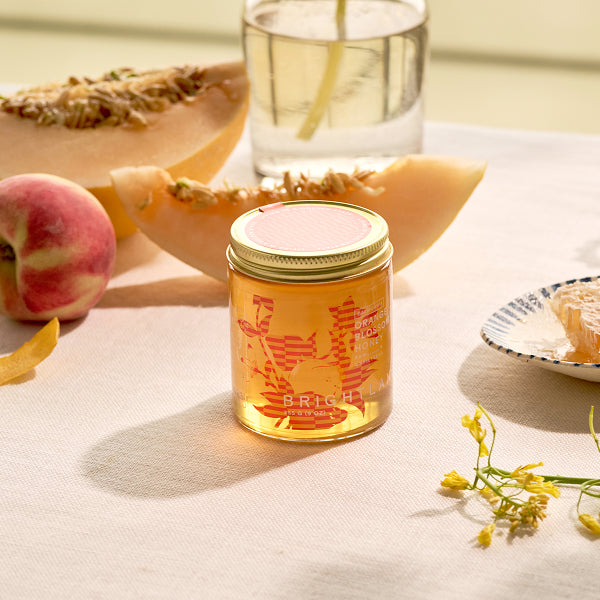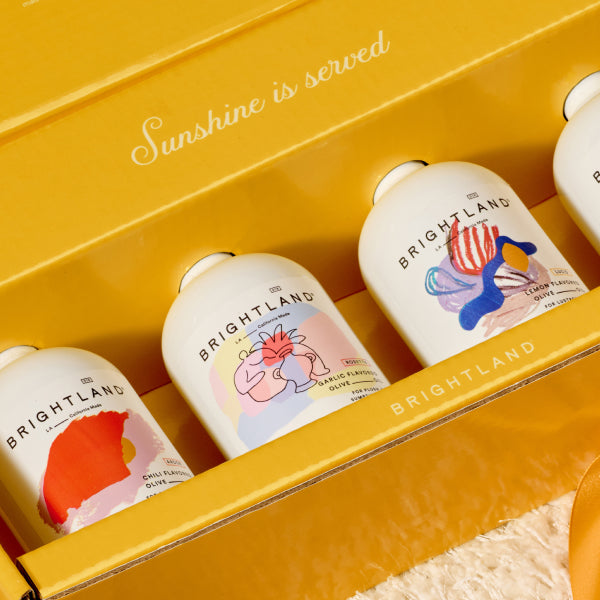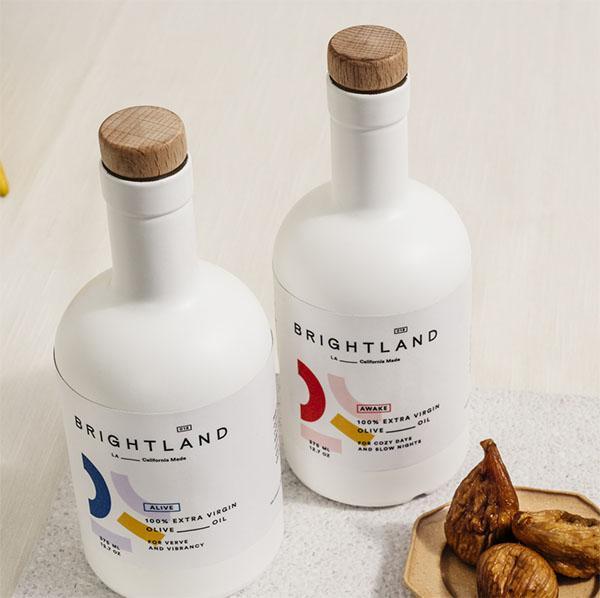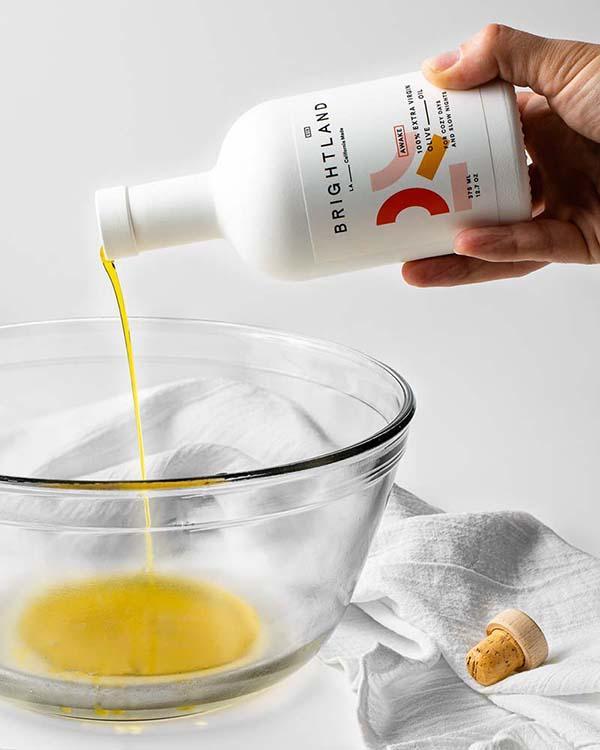Besides olive oil, canola oil is one of the more common oils that you will find on grocery store shelves and in pantries. However, just because these two oils are often sold side-by-side does not mean they are made equal. Below, we explain where canola oil comes from and then explore the differences between extra virgin olive oil vs. canola oil.[close type="rte"][open type="images" count="1"]
 [close type="images"][open type="rte"]
[close type="images"][open type="rte"]
What Is Canola Oil?
Canola oil is derived from the canola plant, which is itself derived from the rapeseed plant. The canola plant was developed in the 1970s using traditional plant breeding techniques. The plant is mostly grown in the prairies of western Canada and can be found around Ontario, the Pacific Northwest and the central northern and southeastern United States. The name “canola” actually comes from its location – “canola” is a contraction of “Canadian” and “ola,” which means oil.[close type="rte"][open type="rte"]
Canola Oil vs. Olive Oil
Obviously, olive oil is derived from a different source than canola oil: the fruit of the olive tree. Depending on the type, olive oil usually (though not always) undergoes far less processing than the average canola oil. In particular, extra virgin olive oil is very close to the natural oil found in olive fruits, making it a great choice for those looking for well-flavored, less-processed oils to cook with. Extra virgin olive oil has a fruity, peppery flavor and smell that makes it ideal for cooking and baking situations where you want to be able to taste the oil.
In contrast, the most common type of canola oil at grocery stores has been heavily processed by techniques such as heating, pressing, chemical extraction, refining, bleaching and deodorizing. As a result of all this refining, the final canola oil has a pale golden color, light texture and neutral taste and smell that does not affect the final flavor of the dish. Due to its lack of taste, canola oil is often used in baking and other applications where you need to add moisture to a recipe without changing the overall flavor profile of a dish. Expeller-pressed and cold-pressed canola oil is available, but it can be difficult to find and is not nearly as widely available as extra virgin olive oil.
[close type="rte"][open type="images" count="1"]

Besides the more robust flavor, high-quality olive oil is also healthier for you than canola oil. It contains antioxidants as well as monounsaturated fat and polyunsaturated fat (aka the good kinds of fats). Together, these help promote heart health, reduce inflammation, encourage digestive health and protect your skin and hair. While canola oil is relatively high in omega-3 fatty acids, potential health benefits are outweighed by all the processing it goes through. If you are trying to choose the healthier oil, then olive oil is a safer bet. Olive oil can be substituted for canola oil in many different cooking and baking recipes.
Shop for High-Quality Olive OilHowever, it is important to emphasize that these health benefits all come from extra virgin olive oil. There are other types of olive oil out there that have been refined using techniques similar to those often used on canola oil. If the health benefits of olive oil are important to you, then choose extra virgin olive oil to get the most out of it. To further maximize the benefits, choose olive oil from smaller domestic growers such as Brightland, who can better monitor their production processes vs. large overseas manufacturers. Also look for olive oil with a clearly marked harvest date so you can be sure that it has not passed peak freshness. Try not to purchase oil that does not have a harvest date listed.
When you buy olive oil from Brightland, you know that you are getting a high-quality product that has not been chemically processed or refined. We sell extra virgin olive oil, including flavored varieties such as basil olive oil. Order your Brightland olive oils today and you will be cooking with high-quality olive oil before you know it.
[close type="rte"]

